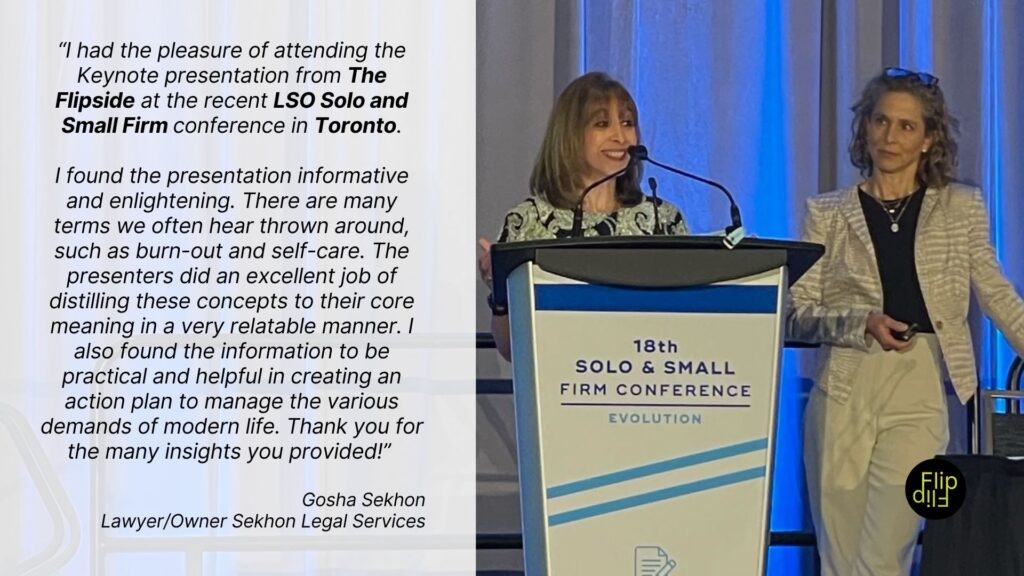Time
Is this “Important” or is this “Urgent”?

One of the biggest challenges we see with ourselves and with our clients when working on time management tools and techniques is trying to identify the most important things to do for the day, the week, or perhaps the month. Identifying 3 tasks from an endless list becomes really difficult for many of us. Why?
Let’s agree that all the items in our infinite to-do list are important, otherwise, they will likely not even make the cut. However, when it comes to sitting down and planning our day or our week, it is hard to decide what should be done first. While most items are “important” our attention and, consequently, our time is usually given to the “urgent” items.
The “urgent” items are generally those that were “important” some time ago but as a result of us prioritizing the “urgent”, they went to the end of the list and were prompted to the top by their imminent deadline that is nowadays, if not hours away. Sometimes the “urgent” items are someone else’s problems that are dropped on our desks! But don’t feel bad, President Dwight D. Eisenhower once: “Ihave two kinds of problems: the urgent and the important. The urgent are not important, and the important are never urgent”
The Eisenhower Matrix
What can we do to avoid this seemingly vicious cycle? Well, it was Eisenhower’s dilemma that helped create the matrix that bears his name: “The Eisenhower Matrix”. In very simple terms it can be summarized as follows:
Important + urgent = Do/Act
Important + not urgent = Plan/ Decide
Urgent + not important = Delegate/can someone else’s expertise resolve this matter faster?
Not urgent + not important = Delete
How can you use this matrix when planning your day or week? Sometimes you don’t have the ability to delegate and most likely, the items that are not urgent and not important will still be there waiting for you and unlikely to disappear simply because the Matrix says: “Delete”.
The solution
The answer is to plan.
Planning goes above and beyond creating a to-do list in order of importance. It requires identifying spaces in your calendar to deal with the “important + not urgent”, the “urgent + not important” and the “not urgent + not important” and blocking that time to avoid opening that space to the urgent matters that are always coming in through your inbox.
Time blocking is not a new technique. It has been used for many years by students, entrepreneurs, executives, and parents when planning the schedules of multiple children and endless extracurricular activities. It provides a visual of your time allowing you to identify the spaces that are “taken” and those that remain available for unforeseen events or personal or professional development.
Taking the time every week and some minutes every day to plan the days or hours ahead and block the time needed to attend to the important items on your to-do list will push you closer to getting things done and not be buried under urgent tasks.
Use the following steps
Follow these steps every week for a month or two
- Find a consistent day of the week to plan your week ahead. I like to do this on Sunday mornings but any day that works for you, as long as it can remain consistent, will work.
- Run the Eisenhower Matrix through your to-do list and identify in which category each item falls.
- Since you know that your immediate attention will be given to the “important + urgent” items, then identify spaces in your calendar to do the “important + not urgent”. This needs to be a conscious effort. Block the time but be realistic. Perhaps identifying periods of 30 minutes each day is better than trying to block 2 hours one day. Start small and adjust as needed.
- When identifying the appropriate time for the “Important + not urgent” tasks observe your surroundings (work and family) and make sure you don’t self-sabotage your planning: blocking time at 10:00 am in the office when everyone is around and ready to tackle the day might be counterproductive. Perhaps look for spaces when you know things move at a slower pace early in the morning or later in the afternoon?
I love this quote from Professor Robert Talbert Ph.D. in his article “The urgent and the important” (Robert Talbert, Ph.D. from https://rtalbert.org/the-urgent-and-the-important/):
“What’s at stake if we fail to distinguish between urgent and important tasks? Everything, really. Being at the mercy of the latest-and-loudest is no way to live — you’re constantly putting out fires but never building anything, constantly dealing with other people’s problems but never developing your professional self, slowly burning out from all the stress and never doing the things you know will be fulfilling.”
Happy planning!
MV





